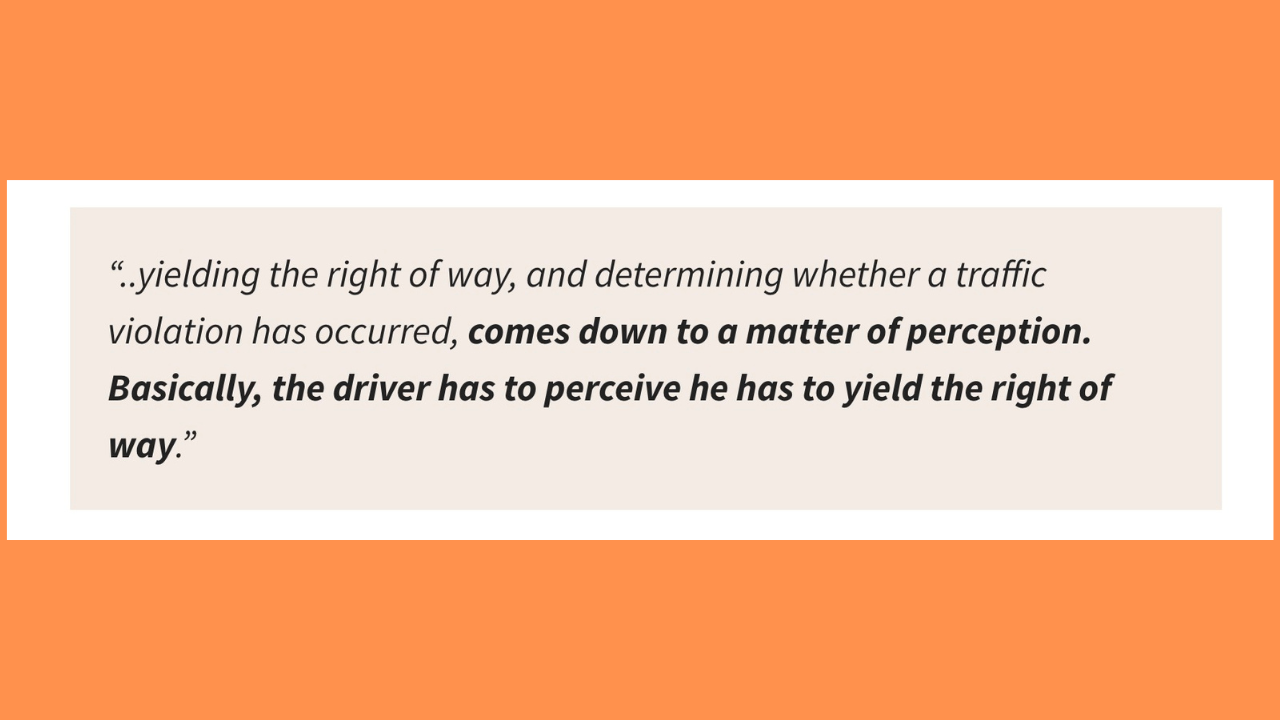
One of the major questions the community is grappling with after the deaths of both Tracey Sparling and Brett Jarolimek is; why were the truck drivers not given a citation for failure to yield to a bicycle in a bike lane?
The law (ORS 811.050) seems clear:
“A person commits the offense of failure of a motor vehicle operator to yield to a rider on a bicycle lane if the person is operating a motor vehicle and the person does not yield the right of way to a person operating a bicycle, electric assisted bicycle, moped, motor assisted scooter or motorized wheelchair upon a bicycle lane.”
The cyclists in both recent fatalities were legally in the bike lane at the time of the collisions.
“The cops are misconstruing the law in a biased way…We’ve got a system that is designed to exonerate the car driver.”
–Lawyer Mark Ginsberg
After the Sparling incident I asked Traffic Division Lt. Mark Kruger why no citation was given to the cement truck driver. His response was something to the effect of, “We’ve determined that there was just no way he could have seen her.”
Then, at the scene of the Jarolimek collision, Kruger once again painted a picture of circumstances that led his investigators to believe that the garbage truck driver did everything he could to avoid the collision, and therefore would not be cited. Kruger told me that not only had the truck signaled, slowed, and checked it’s mirror, but that his team believed Jarolimek’s high speed down the hill “could have been a factor.”
Over the past two weeks, I have been wrestling with this in my head. What I still don’t understand is,
KGW reporter Aaron Weiss was also perplexed by this. Yesterday, on KGW’s “Talk of the town” blog, he wrote that the law, “seemed cut and dry to me, but Portland Police see a more nuanced situation.”
When Weiss asked Portland police spokesman Sgt. Brian Schmautz for clarification, here’s what Schmautz said,
“..yielding the right of way, and determining whether a traffic violation has occurred, comes down to a matter of perception. Basically, the driver has to perceive he has to yield the right of way.”
So now, according to an official PPB spokesperson, “perception” plays a role in determining whether or not someone has violated the failure to yield statute.
This was an interesting revelation to me, so I called Portland lawyer Mark Ginsberg this morning to get his input. He did not mince words.
“The cops are miscontruing the law in a biased way. There’s no mental state requirement [also known by its latin name of “mens rea”] for traffic violations. You can accidentally run a red light, or purposely run a red light, either way you are guilty.
What they are saying is that ‘I didn’t see him’ is a good enough defense. It is not.
They [the police] are coming in to these investigations with a confirmation bias and they’re finding facts that back up that bias. We’ve got a system that is designed to exonerate the car driver.”
Ginsberg plans to bring his concerns about enforcement to the emergency meeting being held by Commissioner Adams. He has also requested the presence of someone from the City Attorney’s office, who play a role in interpreting laws for the police.
